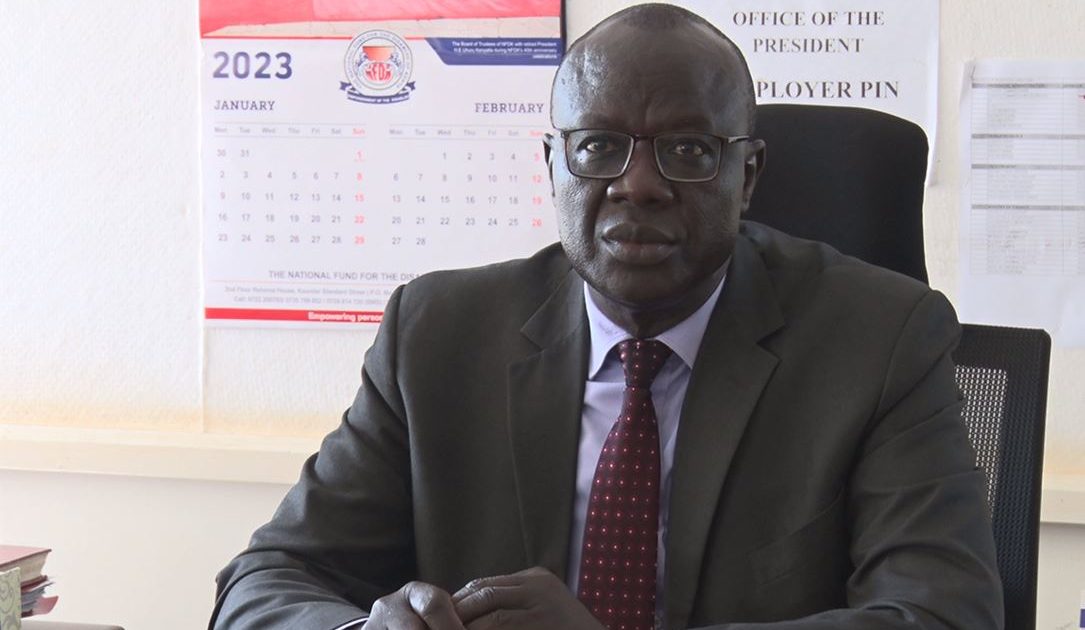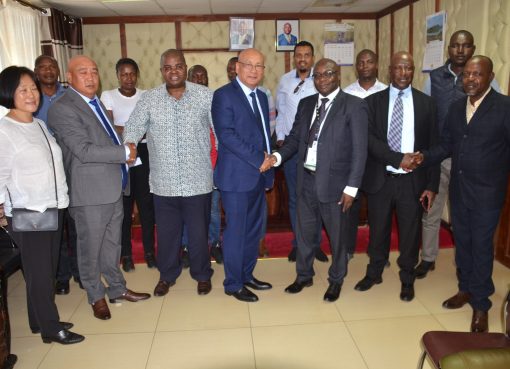The National Counter Terrorism Centre (NCTC) is in the process of establishing a legal framework for preventing and countering violent extremism and terrorism.
The policy and legal framework seek to govern the management of returning terrorist fighters and domestic recruits.
NCTC, a multi-agency institution established to coordinate national counterterrorism efforts in order to prevent, detect, deter, and disrupt terrorist acts, is currently engaging both state and non-state actors to formulate the strategy.
Among the areas the legal formwork will address are disengagement, deradicalization, rehabilitation, and reintegration (DDRR).
Under the new policy, the government will seek to demobilise individuals from terrorist groups and activities and launch concerted efforts to cause radicalised individuals to change their views and reject violent extremist ideologies.
The policy will also seek to ensure that disengaged and de-radicalised violent extremists and terrorists, particularly returnees from terror groups like Al shabab are given the counselling and knowledge to shift their mindsets and enable them to become law-abiding citizens.
Kakamega County Commissioner John Ondego, while speaking to KNA after attending the multi-agency security team workshop whose input was being sought to help in formulating the policy, said that insecurity issues need a multi-sectoral approach.
“We are giving the insecurity issue a whole-government approach since no single unit can fight terrorism,” he said.
The stakeholder’s engagement was attended by senior officers from the National Administration, National Police Service (NPS), Office of the Director of Public Prosecution (ODPC), Probation Department, and Anti-Terrorism Police Unit (ATPU), among others.
“We are seeking an agreeable way to improve security and tackle terrorism,” said Mr. Ondego.
The County Commissioner said the government was also engaging other non-state actors, including religious organisations, civil society organisations, and women, among other key stakeholders, to tackle the vice.
The CC called on security agencies to involve mothers in tackling crime, saying they are always informed by their children before being recruited for terrorism.
He said that given their closeness to their children, mothers’ play a key role in nurturing their children and can play a role in dissuading them from engaging in crime.
Kakamega County has in the past been in the spotlight after some suspects linked to the Al-Shabaab terror group were arrested in Mumias West Sub-county.
In the country, a major challenge to terrorism has been the Somalia-based terrorist group Al-Shabaab, which has routinely launched attacks in both border regions and in some urban areas.
By George Kaiga




